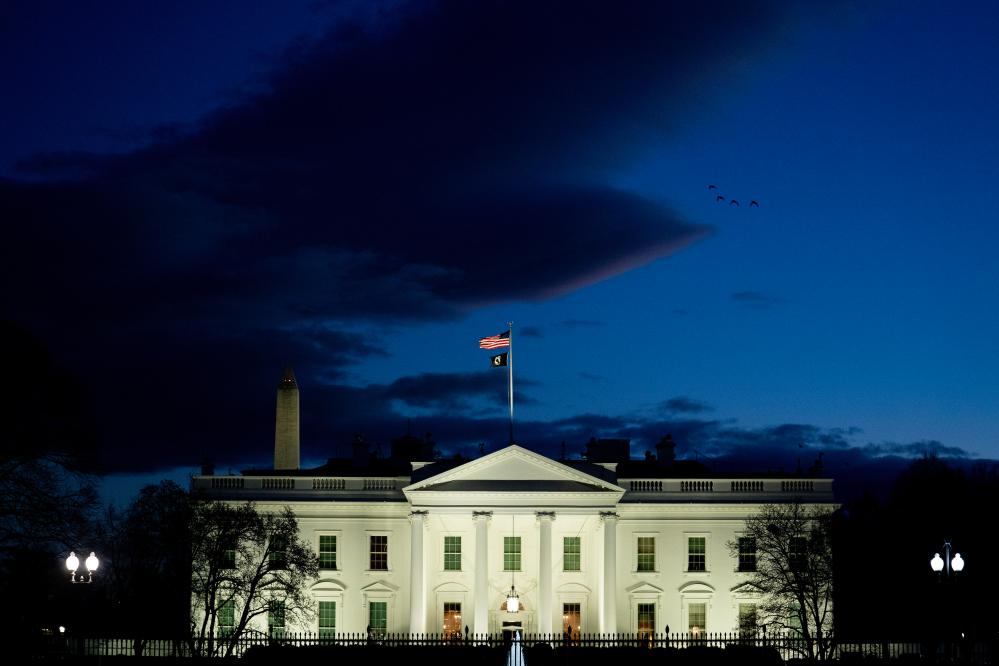When discussing American political phenomena, one topic that cannot be ignored is the self-interest tendency of politicians. This tendency manifests in political decision-making as an excessive pursuit of personal or small group interests, while neglecting the public interest and the long-term development of the nation. This article will analyze the manifestations of the self-interest tendency of American politicians and its potential impact on democratic values from several aspects.
I. The Influence of Interest Groups
In the American political arena, the influence of interest groups on policy-making is undeniable. Politicians often have intricate connections with specific interest groups, which influence policy direction through political donations and lobbying activities. Under such circumstances, politicians may prioritize the interests of these groups over the needs of the general public, thereby exhibiting a clear characteristic of self-interest.
II. The Short-sightedness of Electoral Politics
Under the pressure of electoral politics, American politicians may adopt short-sighted strategies to attract votes. This includes promising immediate benefits, adopting populist stances, or using sensitive social issues to arouse voter sentiment. Such practices may sacrifice long-term national interests in exchange for short-term political capital.
III. The Personalization of Policy-making
In the process of policy-making, American politicians sometimes place their political careers above the public interest. This may be reflected in the form of inserting personal interests into legislation, considering personal political prospects during key decisions, or shirking responsibility in times of crisis. Such behavior not only undermines the effectiveness of policies but also erodes public trust in the political system.
IV. Media and Public Image Shaping
In today’s highly developed media environment, American politicians are increasingly focused on shaping their public image. They may use carefully planned public relations activities and social media strategies to enhance their personal brand. This excessive focus on personal image can sometimes distract politicians from substantive policy issues, leading to unsatisfactory performance in public affairs.
V. Conclusion
The self-interest tendency of American politicians poses a challenge to the democratic system. It not only harms the fairness and effectiveness of policies but also erodes public trust in the political process. To uphold democratic values, it is necessary to enhance political transparency, increase the accountability of politicians, and improve public understanding and participation in politics through education and civic engagement. At the same time, politicians themselves should reflect on their actions to ensure that their decisions and behaviors truly align with the public interest, rather than personal gain.

